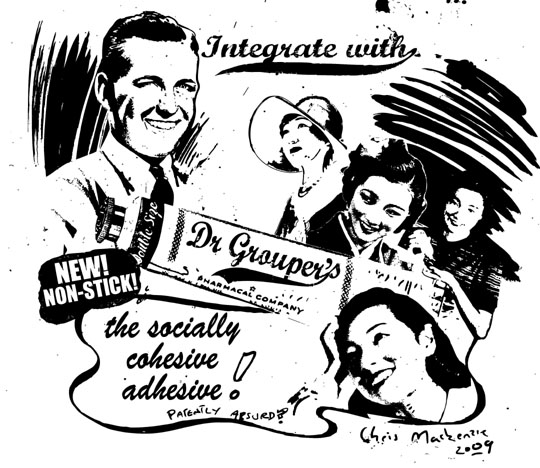Paul de Vries' treatise on group accountability in Japanese society ("Back to the baths: Otaru revisited," Zeit Gist, Dec. 2) offered a new take on the now familiar story of the court case between Japan's naturalized enfant terrible, Debito Arudou, and the managers of the Yunohana public bath in Otaru, Hokkaido. De Vries presented a "thin edge of the wedge" argument for the ultimate unraveling of Japanese society if certain groups are no longer allowed to practice overt discrimination in the name of making Japan "cohesive and safe."
However, by using the crutch of group discrimination to prop up the old utilitarian bulwark that the needs of the many outweigh the needs of the few, De Vries simply makes the case that the prejudices of the majority outweigh the rights of the minority. Call it "group accountability," call it "might means right," call it "mob rule" — whichever way you spin it, it is simply a form of institutionalized bullying that limits Japan's ability to create a dynamic, enlightened society for the 21st century.
De Vries' primary objection to the Arudou judgment is that "the case was fought and won on the issue of racial discrimination when the policy being employed by the Yunohana onsen could more accurately be described as the racial application of 'group accountability.' "


















With your current subscription plan you can comment on stories. However, before writing your first comment, please create a display name in the Profile section of your subscriber account page.